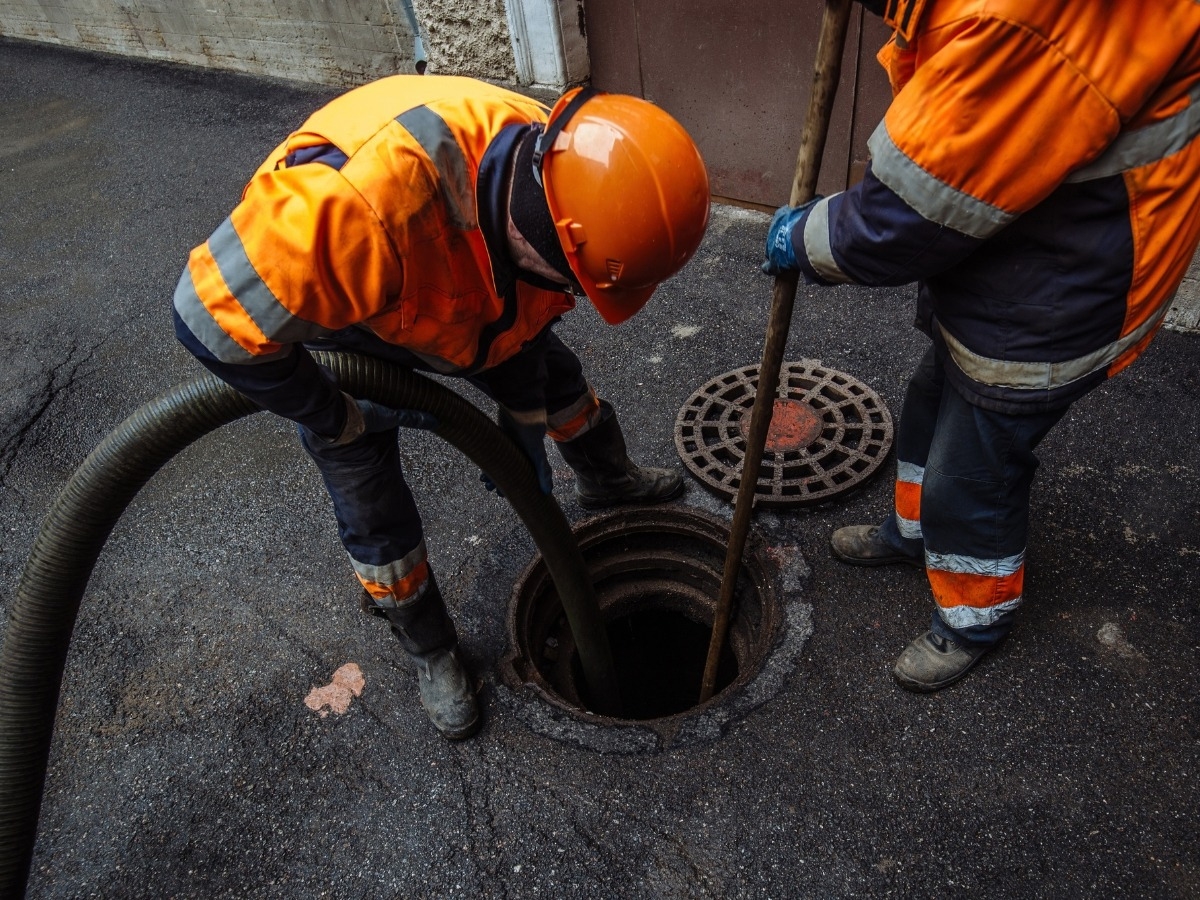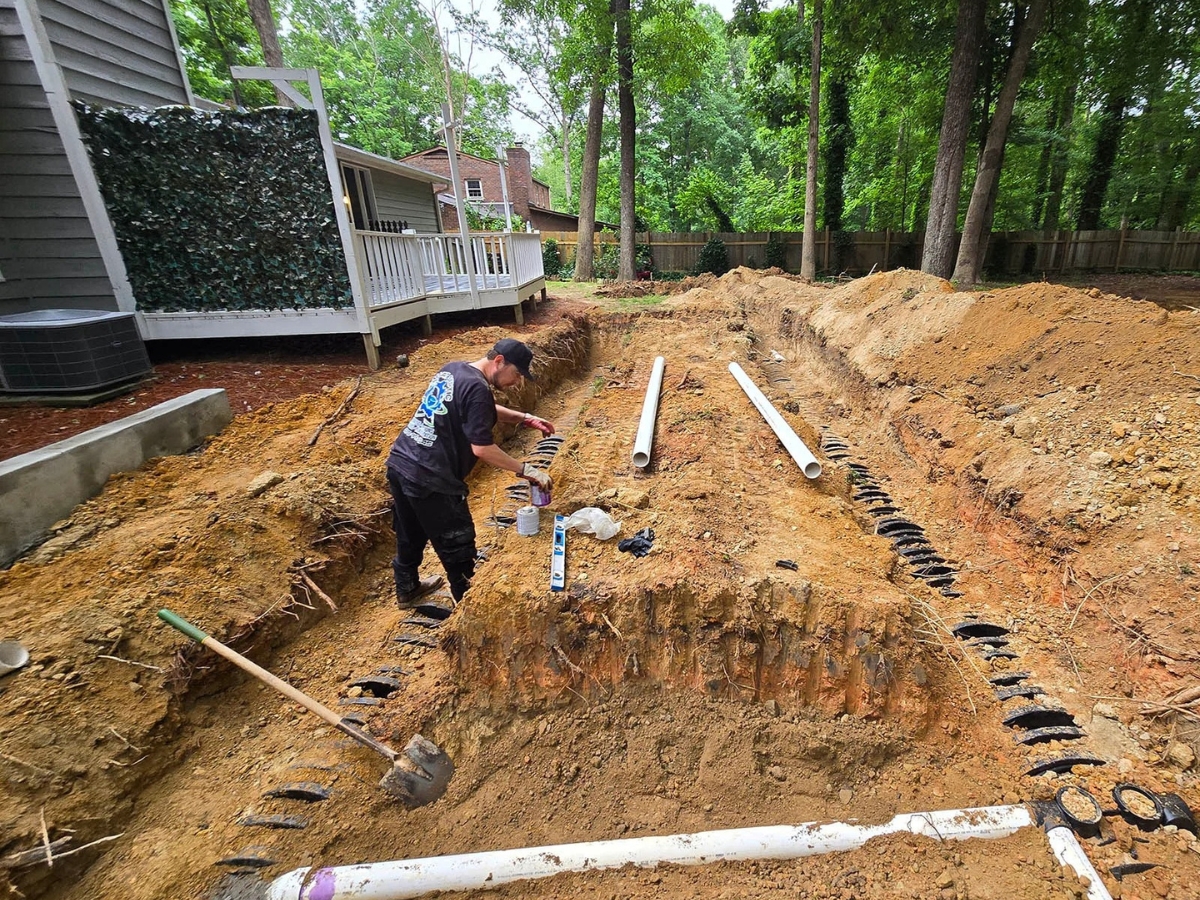When it comes to maintaining a healthy septic system, compliance with repair guidelines is key. Smart Septic Pros specializes in residential and commercial septic tank pumping, installation, and inspections, offering top-tier services to keep your system running smoothly. Knowing the signs that signal repair needs—along with understanding the permit process—can save both time and money.
If your septic system shows signs of trouble, contacting Smart Septic Pros can set you on the right path toward restoration. From hiring qualified professionals to exploring financing options, ensuring your septic system is in peak condition has never been easier. Keep reading to uncover essential guidelines that could protect your property and your peace of mind.
Septic System Repair Guidelines Key Takeaways
Identifying Signs That Your Septic System Needs Repair
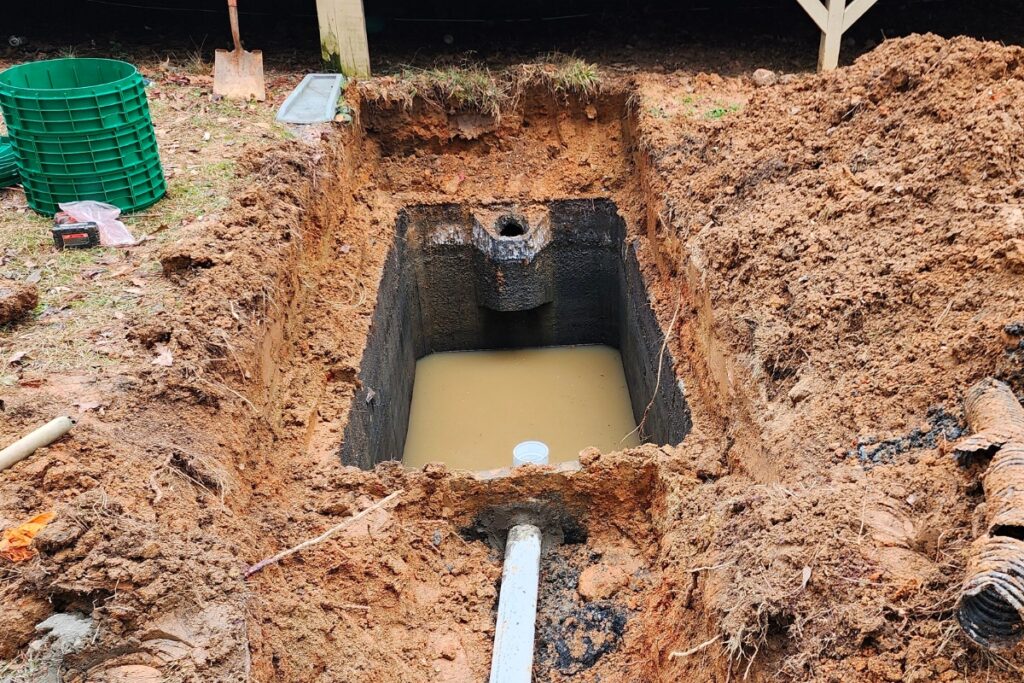
When it comes to septic systems, it’s essential to stay alert for signs that indicate septic tank pumping issues requiring attention. Homeowners should watch for noticeable changes in their lawn’s appearance, as a healthy yard should thrive without unexpected patches of sogginess. Back-up problems and slow drains are often clear signals of trouble, along with unpleasant odors hanging around the property. Unusually high water bills can also hint at hidden leaks or inefficiencies in the system.
Additionally, homeowners should keep an eye out for puddles or soggy areas in the drainfield, especially if there’s bedrock nearby that could complicate matters. Staying informed about septic tank inspections, septic tank installation, and recognizing Smart Septic Pros signs can help maintain the system’s efficiency and avoid costly repairs, ensuring that everything runs smoothly without interference from solid clogs or other disturbances, even those created by feminine hygiene products. Just like how proper irrigation is important for a garden, understanding septic health can save a lot of stress down the line. contact Smart Septic Pros today for expert septic services.
Noticeable Changes in Your Lawn’s Appearance
Homeowners should pay close attention to any noticeable changes in their lawn’s appearance, as these can signal potential septic system issues. For instance, an overly lush area might indicate that excess wastewater is not being properly absorbed by the soil, which could mean a problem with the system. An inspector can help determine if the household‘s septic system is functioning as it should, ensuring that everything is running smoothly.
Back-Up Issues and Slow Drains
Back-up issues and slow drains are glaring indicators that a septic system might be in distress. Homeowners should be particularly cautious if they notice any flooding in their landscape, as this not only poses a risk to the property but also suggests possible blockages within the system. A ditch filled with water could hint at a failing drain field or a clogged line, prompting the need for immediate inspection and repair.
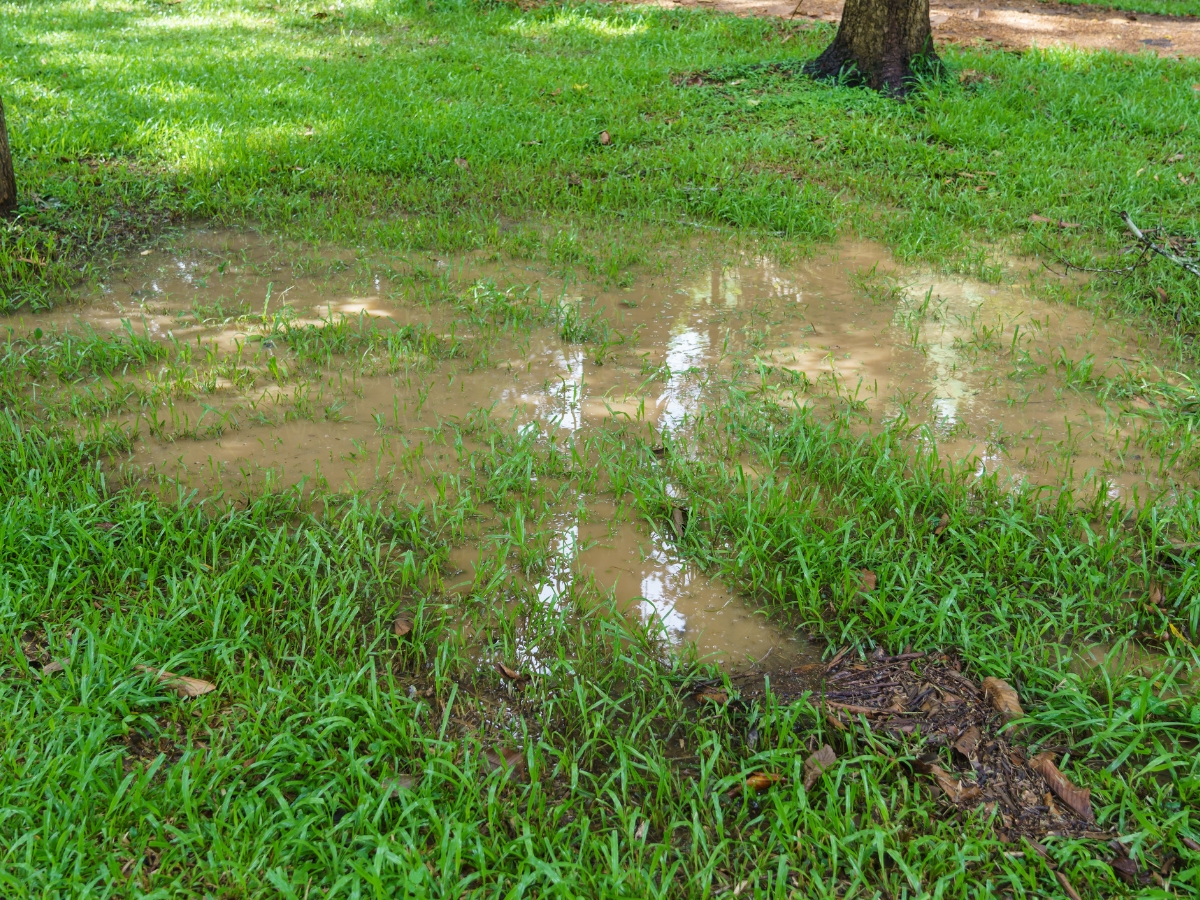
Unpleasant Odors Around Your Property
Unpleasant odors wafting around a property often signal serious septic system issues. If a homeowner detects a strong smell resembling human waste, it could indicate a problem with a broken pipe or a failing drainage system that allows odors to escape. Regular maintenance and a proactive plan can help ensure the system operates properly and keeps the groundwater clean.
| Sign | Possible Cause | Action Needed |
|---|---|---|
| Unpleasant odors around the property | Broken pipe or failing drainage | Inspect the system and make repairs |
| Slow drains in bathrooms | Blockages in the pipe | Clear the pipes and check the septic tank |
| Soggy areas in the yard | Leaking septic tank | Assess the system’s integrity |
Unusually High Water Bills
Unusually high water bills can be a strong indicator that something is off with a septic system. For instance, if a homeowner notices a spike while using the same amount of water for daily activities, like in the bedroom or kitchen, it could mean that oil or wastewater is leaking somewhere. Sandy soil can cause water to drain poorly, leading to excess moisture and ultimately affecting water costs, so checking the system’s integrity is a smart move.
Puddles or Soggy Areas in the Drainfield
Puddles or soggy areas in the drainfield can indicate that the septic tank is struggling. A properly functioning septic system should effectively treat and distribute wastewater without any excess sitting in the yard. According to the United States Environmental Protection Agency (EPA), if homeowners notice pooling water, it may mean there’s an overflow or leak in the system, possibly due to textile materials clogging the lines, which can lead to costly repairs down the road.
Once you spot the warning signs of a septic system in trouble, the next step is figuring out the repair process. Prepare to tackle the permit process for those vital repairs, ensuring everything is set for a smooth fix!
Navigating the Permit Process for Septic Repairs

Before diving into any septic system repairs, homeowners need to understand the local regulations and requirements in their area. Each region, especially those near lakes or other bodies of water, has specific guidelines to ensure environmental protection.
Gathering the necessary documentation is crucial, including details about the property’s septic tank system and any relevant inspections or previous pump reports. Applying for the right permits before starting repairs is essential to avoid any legal pitfalls.
Additionally, adhering to environmental guidelines when replacing or fixing a garbage disposal unit ensures that the septic system operates efficiently and safely, minimizing potential impacts on the surrounding environment.
Understanding Local Georgia Regulations and Requirements
Understanding local regulations is a key step in ensuring septic system repairs are completed properly. Homeowners need to be aware of how their septic systems affect water conservation and the safety of their drinking water. Addressing leaks or inefficiencies in the system not only helps maintain the overall water supply but also supports responsible cooking practices in the kitchen, promoting a healthier household.
Gathering Necessary Documentation
Gathering the necessary documentation for septic system repairs involves a few critical steps. Homeowners should collect details about the drainfield and the overall layout of their property, including the type of materials used like concrete or plastic.
It’s also beneficial to have any previous inspection reports readily available, as these can provide helpful insights into how the septic system works and assist in determining if any trenches need to be dug for repairs or upgrades.
| Document Type | Importance |
|---|---|
| Drainfield Plan | Shows the layout and capacity |
| Inspection Reports | Provide historical data on the system |
| Permit Applications | Ensure compliance with local regulations |
| Installation Specifications | Outline materials like concrete or plastic |
Applying for the Right Permits Before Starting Repairs
Applying for the right permits is an important step before beginning any septic system repairs. Homeowners must ensure that their repairs comply with local regulations to avoid contaminating surface water with untreated effluent, which can lead to serious health risks from harmful bacteria. Neglecting to secure necessary permits can result in improper handling of sludge and sewage systems, creating a bigger problem down the line.

Ensuring Compliance With Environmental Guidelines
When dealing with septic system repairs, ensuring compliance with environmental guidelines is vital for water safety and community hygiene. Properly managing waste helps prevent pollution of surrounding areas, particularly when it involves the installation or maintenance of gravel drainfields. These drains play a crucial role in filtering excess water, allowing it to disperse without contaminating groundwater sources.
| Aspect | Importance |
|---|---|
| Proper Waste Management | Prevents pollution and protects local waterways |
| Gravel Drainfields | Facilitate safe drainage and treatment of wastewater |
| Hygiene Practices | Promote overall health and environmental safety |
Understanding the ins and outs of permits is just the beginning. The next step is crucial: finding qualified professionals to ensure your septic system gets the care it needs.
Hiring Qualified Professionals for Septic System Repairs
When it’s time for septic system repairs, hiring qualified professionals is vital to ensure compliance with local regulation and protect the sewage system‘s integrity. Homeowners should begin by researching and selecting a reputable service provider experienced in septic system maintenance and construction. It’s essential to verify that the chosen contractor has the necessary licenses, certifications, and insurance to perform the job safely and legally.
Understanding the scope of work is crucial, as this allows homeowners to gather accurate estimates and know what to expect during the process. Finally, a post-repair inspection helps confirm that everything is functioning correctly and aligns with the drainage basin‘s design. This careful approach not only supports effective repairs but also fosters long-term reliability for the septic system.
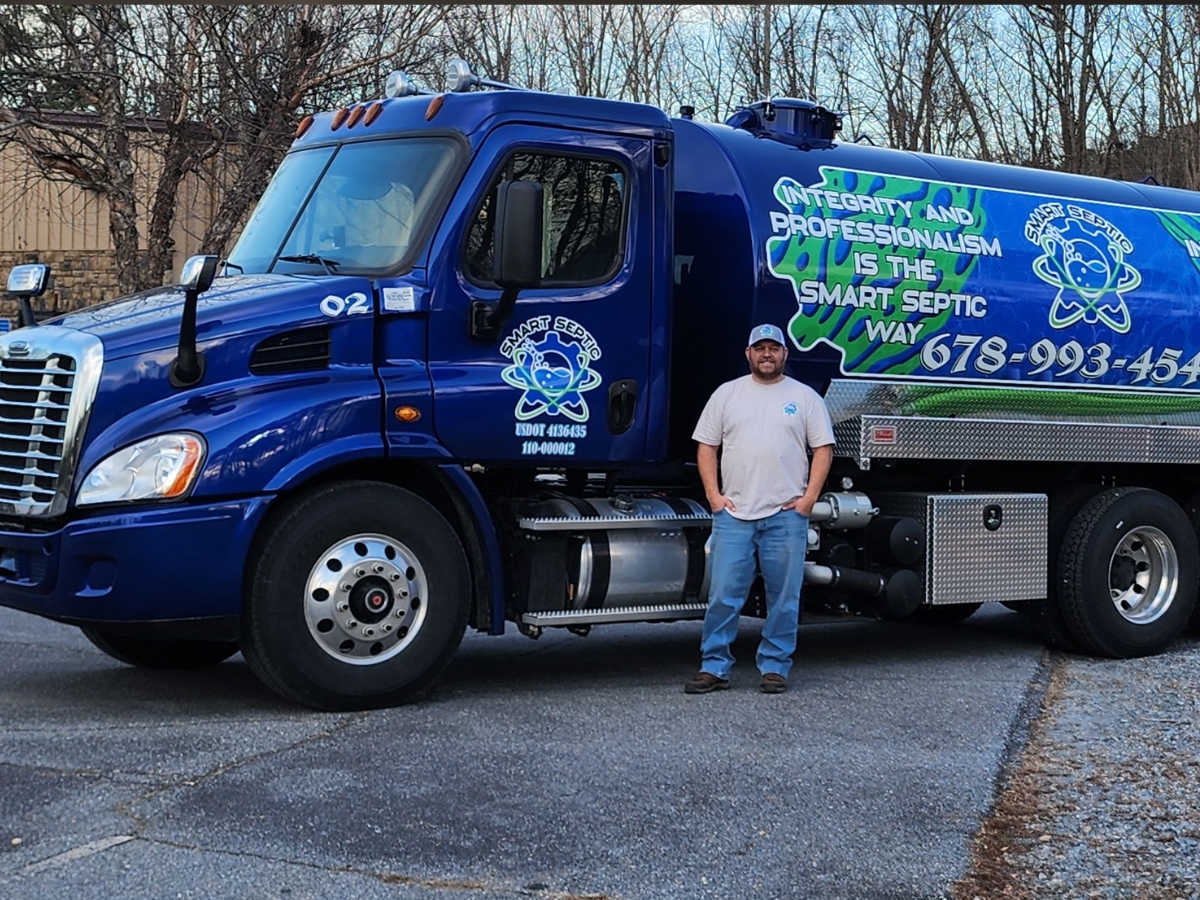
Researching and Selecting a Reputable Service Provider
Finding the right service provider for septic system repairs can make a significant difference in maintaining a healthy sewage system. It’s wise to look for professionals who have experience with the organic matterwaste that comes from sinks and toilets, as they understand the nuances of septic operations. Checking their qualifications, such as licenses and references, along with their track record of successful inspections, helps ensure that homeowners make a solid choice.
- Identify reputable septic service providers.
- Check for necessary licenses and certifications.
- Read reviews and ask for references.
- Verify experience with sewage and organic matter management.
- Request inspections and estimates before starting work.
Verifying Licenses, Certifications, and Insurance
Before hiring a contractor for septic system repairs, homeowners should thoroughly verify their licenses, certifications, and insurance. This ensures that the professionals are qualified to handle sewage treatment and understand the relevant safety protocols to prevent system failures. It’s essential to confirm that their vehicles are properly equipped and maintained for any necessary tasks, as well as ensuring they have insurance in case of accidental damage to the roof or surrounding areas.
| Element | Importance |
|---|---|
| Licenses | Validate expertise and compliance with local regulations |
| Certifications | Prove specialized training in sewage treatment practices |
| Insurance | Protect against liability in case of accidents or damage |
Understanding the Scope of Work and Getting Estimates

Understanding the scope of work is fundamental when repairing septic systems. Homeowners should clearly communicate their needs to the contractor, ensuring the team thoroughly evaluates the property‘s drainage setup and the septic system‘s diameter. This detailed evaluation helps in getting a precise estimate, allowing for better planning and maintaining environmental health.
| Aspect | Importance |
|---|---|
| Scope of Work | Defines tasks to be completed during repairs |
| Environmental Health | Ensures safe practices during system repair |
| Diameter Evaluation | Determines the necessary materials and methods |
| Drainage Assessment | Identifies potential issues affecting the system |
The Importance of Post-Repair Inspection
After any septic system repairs, conducting a post-repair inspection is critical to ensure everything is functioning effectively. This final check-up not only confirms that all repairs have been completed correctly but also helps identify any potential issues before they escalate. Homeowners can have peace of mind knowing their septic system is in optimal condition.
- Verify the quality of the repairs.
- Identify any lingering issues early.
- Ensure the septic system operates efficiently.
- Provide documentation for future reference.
Finding the right team for septic repairs is just the start. Now, let’s dive into the effective techniques that make those repairs successful.
Understanding Septic System Repair Techniques
Repairing a septic system requires a mix of tried-and-true methods alongside modern techniques aimed at enhancing efficiency. Conventional repair methods have long served homeowners well, but emerging advanced solutions are beginning to make waves in the industry. These innovative strategies often incorporate technology, providing more accurate diagnostics and efficient repairs.
Additionally, knowing when to replace a system rather than opting for repairs can save time and money in the long run. This section explores the different approaches to septic system repair, offering insights into what options may work best depending on specific situations.
Conventional Repair Methods vs. Advanced Solutions
Conventional repair methods often involve physical digging and fixing issues at the source, ensuring that the septic system remains functional. These techniques have served homeowners reliably for many years, helping to tackle blockages or leaks with straightforward solutions. On the other hand, advanced solutions leverage technology to diagnose problems more efficiently, often allowing for quicker repairs with less disruption to the yard.
Both approaches come with their own set of advantages and considerations, depending on the severity of the issue and the specific needs of the septic system:
| Repair Method | Advantages | Considerations |
|---|---|---|
| Conventional | Reliable and straightforward; often visible results | Can be labor-intensive and disruptive |
| Advanced | Faster diagnostics; less disturbance to the property | May require specialized knowledge or equipment |
The Role of Technology in Septic System Repair
Technology has transformed how septic system repairs are approached, making the process more efficient and precise. Tools such as video inspection cameras allow professionals to get a clear view of the inside of pipes without extensive digging, enabling targeted repairs that save time and reduce mess.
Modern diagnostic software also helps evaluate the system’s performance, identifying inefficiencies that may not be obvious during a routine inspection. With advancements like these, septic service providers can ensure repairs are completed correctly and sustainably:
| Technology | Function | Benefit |
|---|---|---|
| Video Inspection Cameras | Identify blockages and damages inside pipes | Minimizes digging and disruption |
| Diagnostic Software | Evaluate septic system performance | Enhances repair accuracy and efficiency |
When to Consider System Replacement Over Repair
Determining whether to replace or repair a septic system often hinges on multiple factors, including age and the frequency of issues. If the system consistently fails or requires major repairs, homeowners should weigh the cost and stress of ongoing maintenance against the investment in a new system. In many cases, a replacement can lead to more reliable performance and peace of mind, especially when the existing system is nearing the end of its lifespan.
Septic repairs can be costly, but there’s hope! Let’s uncover the financial resources and insurance options that can help ease the burden.

Financial Assistance and Insurance for Septic Repairs
Understanding the financial aspects of septic system repairs helps homeowners navigate potential costs effectively. Government grants and loan programs can provide valuable support, easing the burden of unexpected expenses.
Additionally, exploring insurance coverage for septic system repairs ensures that homeowners are prepared for any future mishaps. It’s also wise to plan for ongoing maintenance costs, giving the system the best chance at lasting function while minimizing financial surprises down the road. This comprehensive approach contributes to a reliable septic system while offering peace of mind.
Exploring Government Grants and Loan Programs
Homeowners looking to ease the financial burden of septic system repairs can benefit from various government grants and loan programs. These initiatives often aim to promote public health and environmental protection by assisting with repair costs, making it easier to maintain a functioning septic system. Checking local resources or talking to community organizations can open doors to potential funding opportunities that support necessary repairs and upgrades.
Insurance Coverage for Septic System Repairs
Homeowners should explore insurance options to cover septic system repairs, as this can help mitigate unexpected financial burdens. Coverage varies by policy, so it’s essential to review the specifics to determine what types of repairs or maintenance are included. Understanding insurance rights related to septic systems can lead to better financial preparedness when issues arise:
| Insurance Type | Coverage Details | Considerations |
|---|---|---|
| Homeowners Insurance | May cover septic system damage due to specific incidents | Check for exclusions related to wear and tear |
| Flood Insurance | Can cover damage from flooding, impacting septic systems | Check local flood risk regulations |
| Rider Policies | Additional coverage for specific septic system repairs | Explore options for expanding existing insurance coverage |
Planning for Future Repairs and Maintenance Costs
Homeowners should anticipate future septic repairs and maintenance costs for their septic systems to avoid surprises down the line. Setting aside a dedicated budget for routine maintenance, inspections, and unexpected repairs can help keep the system running smoothly. This proactive approach promotes the longevity of the septic system and reduces the risk of costly emergency interventions.
Taking proactive steps can save both time and money down the road. Let’s dive into some effective preventive measures that keep your septic system running smoothly.

Preventive Measures to Avoid Future Septic System Repairs
Taking preventive measures can significantly reduce the chances of costly septic system repairs in the future. Homeowners should prioritize routine maintenance and set up a regular inspection schedule to catch small issues before they escalate. Simple adjustments in water usage and waste disposal habits can also make a big difference, helping the system run smoothly.
Additionally, careful landscaping choices play a critical role in safeguarding the septic system, ensuring nothing interferes with its functionality. By integrating these practices into daily life, homeowners can prolong the life of their septic systems and maintain their property‘s value.
Routine Maintenance and Inspection Schedules
Establishing a routine maintenance and inspection schedule is key to keeping a septic system in good shape. Regular check-ups allow homeowners to spot potential issues before they turn into expensive repairs, ensuring the system operates effectively. Scheduling professional inspections every one to three years can safeguard against emergencies and enhance the lifespan of the septic setup.
Tips for Water Usage and Waste Disposal
Mindful water usage helps keep a septic system in good condition. Homeowners should spread water use throughout the day, rather than running multiple appliances at once, to prevent overwhelming the system. Being conscious about what gets flushed or washed down drains also plays a significant role in ensuring the system operates efficiently.
| Tip | Description |
|---|---|
| Limit Water Use | Spread out water usage to avoid stressing the system. |
| Know What to Flush | Avoid flushing items like wipes and fats that can clog the system. |
| Inspect Regularly | Schedule inspections to catch potential issues early. |
Implementing these tips will help ensure the septic system runs effectively and lasts longer.
Landscaping Considerations to Protect Your Septic System
Homeowners should be mindful of their landscaping choices to ensure the septic system remains protected. Keeping large trees and shrubs away from the drainfield prevents extensive root systems from invading and potentially damaging the pipes.
Additionally, using grass or low-maintenance plants can help absorb excess water, ensuring the area stays healthy without compromising the system’s integrity:
| Landscaping Practice | Benefit |
|---|---|
| Avoid planting large trees | Prevents damaging root systems |
| Use low-maintenance plants | Helps absorb excess water |
| Keep the drainfield clear | Ensures proper function and access |
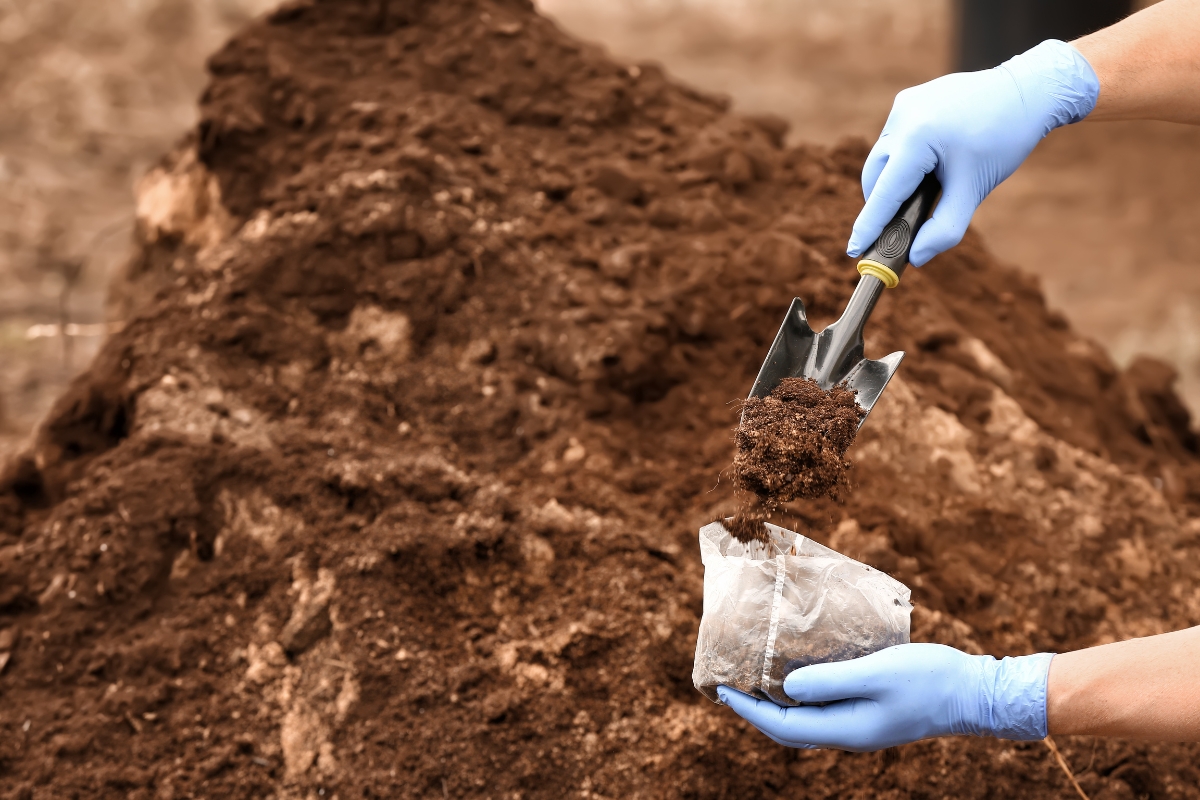
Stay in Compliance With Septic System Repairs
If you’re looking to stay in compliance with septic system repairs in Cartersville, Acworth, Marietta, or the metro Atlanta area, choose Smart Septic Pros. Understanding and following guidelines for septic system repair compliance is vital for protecting both public health and the environment. Homeowners must gather necessary documentation and apply for the appropriate permits to avoid legal issues.
Ensuring compliance helps prevent contamination risks and promotes safe wastewater management. By adhering to these guidelines, homeowners can maintain the integrity of their septic systems and ensure long-term efficiency.


